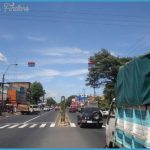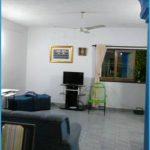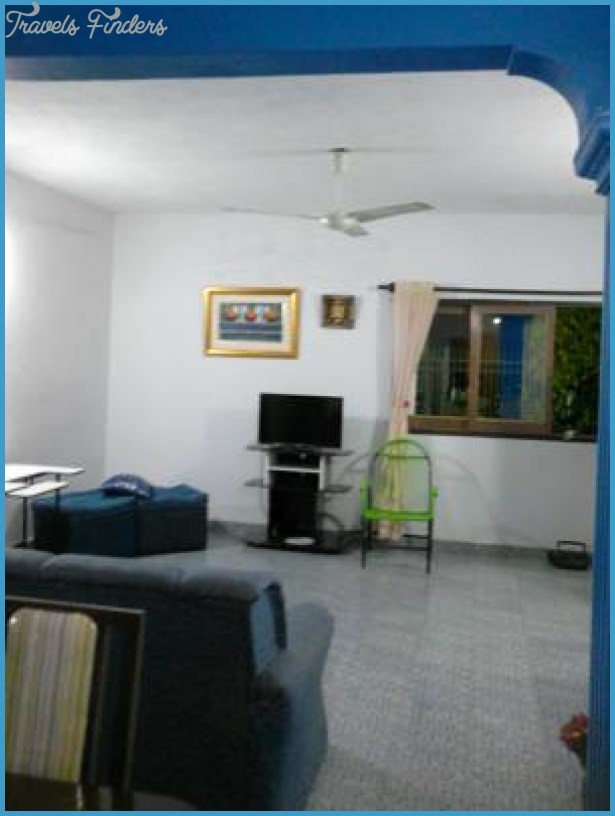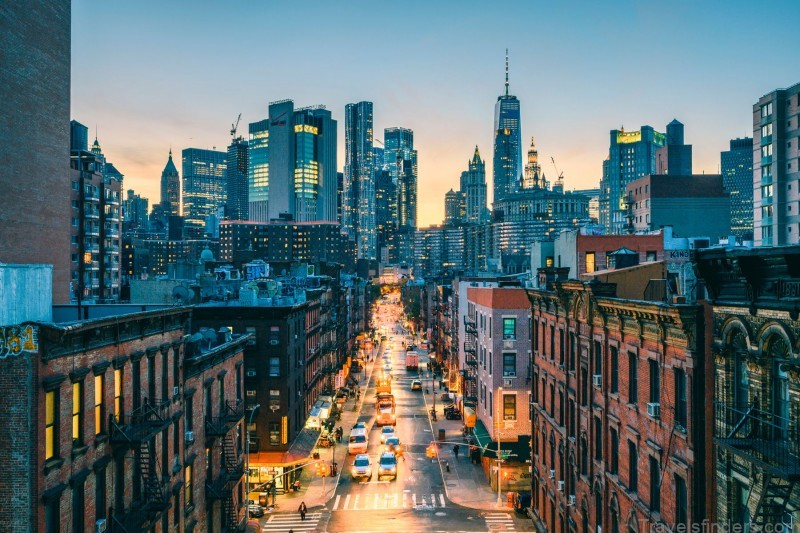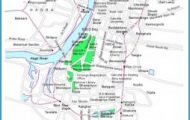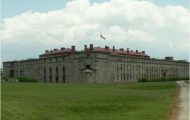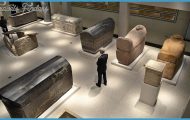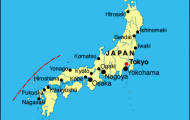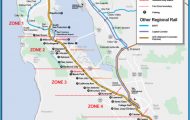Paraguayan Corruption
Corruption is a real issue in Paraguay. Tourists are most likely to run into corruption when dealing with the police and immigration officers. Irregularities – real or invented – will prompt a request for an onsite fine in order to make the problem go away. Though police have the authority to issue tickets for fines, requesting that fines be paid on the spot is illegal. Legally, when fines are administered, they must be written up, and tickets must be paid at a legitimate office. Bribing officials could have you on your way faster but doing so undermines an already weak system. If you feel that police have invented a problem in order to extract a bribe the best thing to do is keep calm and collected. Police seeking bribes are likely to back down if you pull out a cell phone (especially one with a camera), ask for their name and information, and say you will call your embassy or a local Spanish speaking friend. In many cases, getting out of paying a bribe is a waiting game – if you make it clear you do not intend to pay and have time to kill, police will eventually lose patience and send you on your way.
Political Instability
Protests generally take the form of roadblocks known as tractorazos or marches. Most large protests are announced ahead of time in the papers and on the radio. Though violence during political protests is uncommon, it is best to steer clear of large political gatherings in case things get rowdy.
Road Safety
Pedestrians are rarely given the right of way; therefore, one needs to be cautious when crossing any road. This includes city streets, residential areas, and even country roads. If walking alongside the highway, take extra caution as buses and trucks will hug the shoulder while passing each other at full speed.
Paraguay’s road conditions and aggressive drivers necessitate defensive driving. The country’s highway system consists solely of two lane roads, many of which are not illuminated at night. Most intersections do not have traffic lights or stop signs. Where traffic signals and posted speed limits do exist they are often ignored by many drivers. In general, the rule of the road is might makes right. Drivers let others know they are coming by giving a soft honk or flashing their lights. Do not mistake either of these to mean you are being given the right of way. Motorcyclists receive little respect on the road, and are often forced to ride on the shoulder. Motorcycle fatalities are one of the leading causes of death in Paraguay. Drive defensively, especially if you have never ridden a motorcycle outside of your home country. Helmet and reflective safety vest laws should be respected even though they are rarely enforced.
Be extra careful when driving through towns in rural areas. Many are bisected by the highway with small footpaths alongside for people and livestock, both of which cross freely without warning. When at all possible, avoid driving at night.
Before driving across a wet dirt road, it pays to get out and inspect the road texture and its conditions. Sandy soil will absorb water and is often passable even when wet. Red clay, however, does not let water through and quickly turns to mud, often remaining impassable for days. Check any large puddles for depth before attempting to cross them. Driving conditions in the Chaco are notoriously difficult, and extreme caution is advised especially because help may be far away when needed (see Driving in the Chaco).
Sidebar: If headed to under-populated areas, be sure to have adequate supplies of fuel, food, water, medicine and a well stocked first aid kit. Be aware that in many rural areas, cell phone signals can be weak and access to hospitals or ambulances is severely limited.

